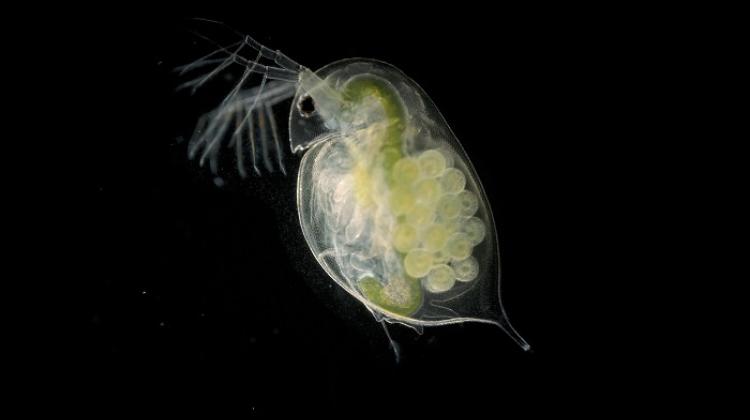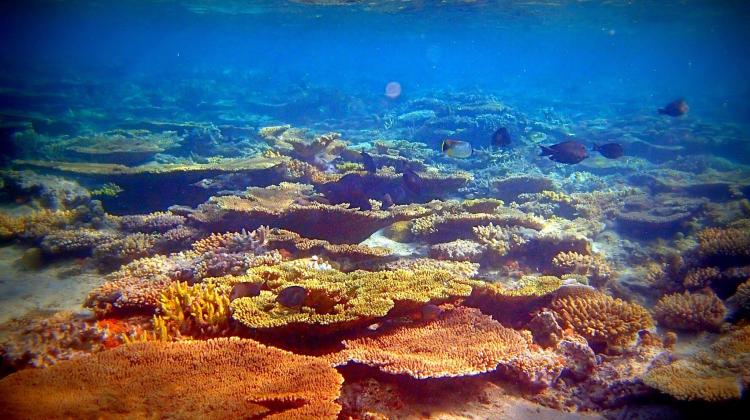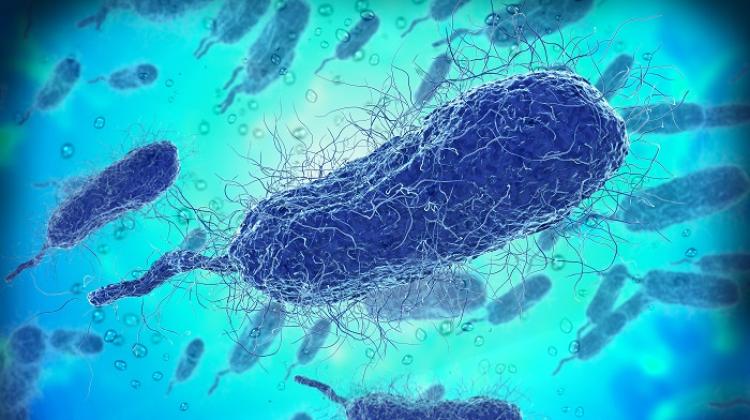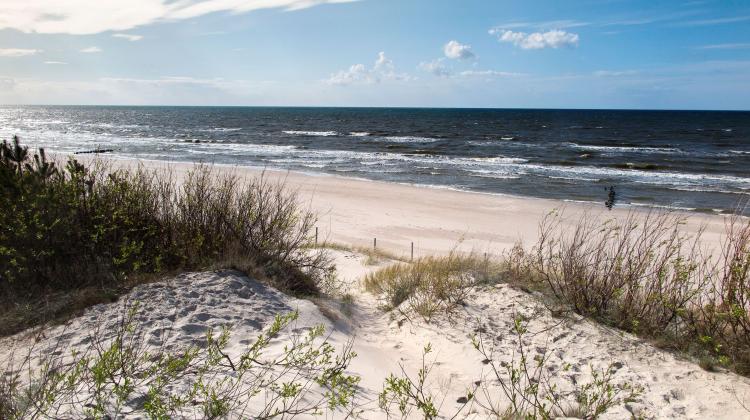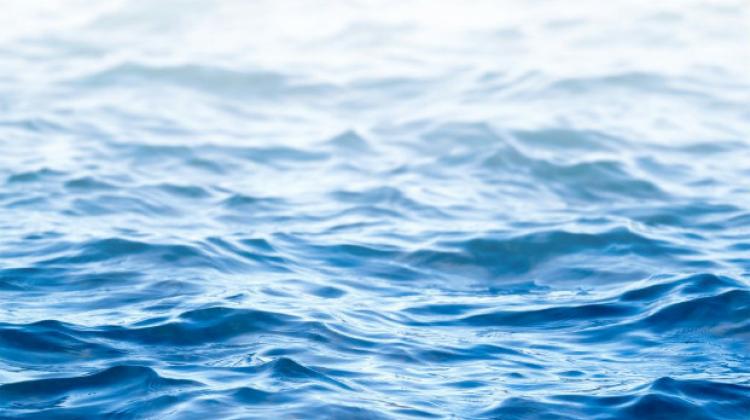Early warning system for the Baltic
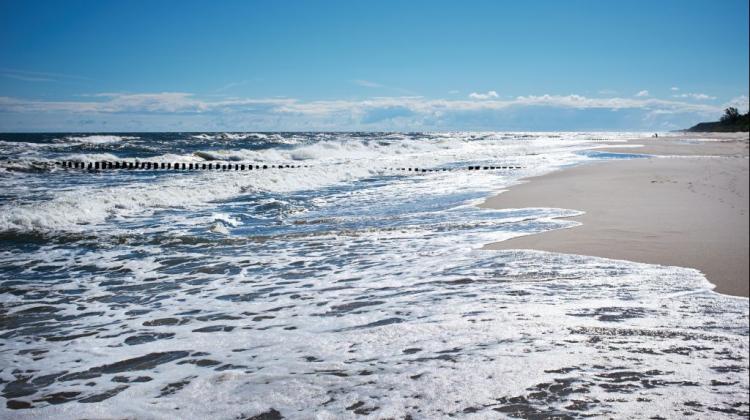
Algal blooms, sudden cooling of seawater, unexpected weather changes - these and other events related to climate or human activity may affect not only the quality of our holiday on the Baltic Sea, but also shipping and industry. Scientists from the Institute of Oceanology PAS are working on a complex early warning computer system, which will allow the use of the best forecasts.
Polish beaches are sometimes closed during blooms of harmful algae, especially cyanobacteria. Tourists are also troubled by upwellings, winds that move warm, heated surface into the deep sea and serve us ice-cold bath instead. In addition, the water is usually very rich in biogenic substances, which may cause the phytoplankton blooms. Could someone warn us of such situations in advance, saving us from wasting our vacation? These are the intentions of the authors of operating model, in which a variety of forecasts for the Baltic Sea are made.
Maciej Janecki of the Institute of Oceanology PAS assess the impact of climate change on the marine environment of the Baltic Sea. Models he creates are useful not only for environmentalists, but also farmers, local government institutions, security services, and beach-goers.
"My model research will show a broader picture of what is going to happen in the future in the context of climate change. I use various scenarios of climate change, rising temperatures and radiation. Local governments will receive information on where something can happen, where the beaches will be exposed to harmful conditions - from the blooms to the upwellings" - sais PhD student at the Laboratory of Ecohydrodynamic Process Modeling.
The researcher recalled the situation that happened this summer during upwelling. Although the water near Hel was 22 degrees Celsius, in Władysławowo the water temperature did not exceed 12 degrees for a week. Holidaymakers could not understand why the water was so cold in spite of the beautiful sunny weather and the heat. It turned out that wind was the culprit. This and other climate effects can be used in models to improve the information system for local governments.
An example of an effect, of which it is worth to inform, are water blooms. "Algae bloom in both warmer and cooler water. A species of phytoplankton can even burst into bloom under the ice. In the Baltic Sea, blooms appear around March when water temperatures exceed 5-6 degrees Celsius. Diatoms begin to bloom first. When they use up their nitrogen nutrient, stagnation follows. In the summer and early autumn follow the blooms of cyanobacteria that like warmer water, above 14-15 degrees, and need phosphorus" - explained Janecki.
In his view, the knowledge that in the coming years blooms in certain areas blooms may be much more intensive, can mobilize local authorities to implement preventive plans. It is not just about the comfort of bathers.
"Our waters are becoming more fertile. Biogenic substances enter the Baltic Sea with sewage. Fertilizers used in agriculture flow to the sea in rivers. Pollutants from factories enter water reservoirs with precipitation. If a model shows the consequences of these phenomena in the perspective of 20 or even 50 years, authorities can create environmental action plans for selected areas" - the researcher told PAP.
Institute of Oceanology regularly prepares 48 hour forecasts for the Baltic Sea. Atmospheric data for the operational model come from the University if Warsaw website meteo.pl.
Researchers model a number of parameters. They receive the results in a computer system in the form of numbers, and then translate them into "colored pictures", maps readable for users. The person who clicks on the desired area, receives a map with described scale and information on the temperature, concentration of nutrients, etc. Biologists help the interpretation of these data. They may report that certain biological parameters - concentration of chlorophyll and phytoplankton biomass, exceed the alert values.
New maps appear every six hours (four times per day). The system is being expanded and improved, also as part of the SatBałtyk project.
PAP - Science and Scholarship in Poland, Karolina Olszewska
kol/ mrt/
tr. RL
Przed dodaniem komentarza prosimy o zapoznanie z Regulaminem forum serwisu Nauka w Polsce.


